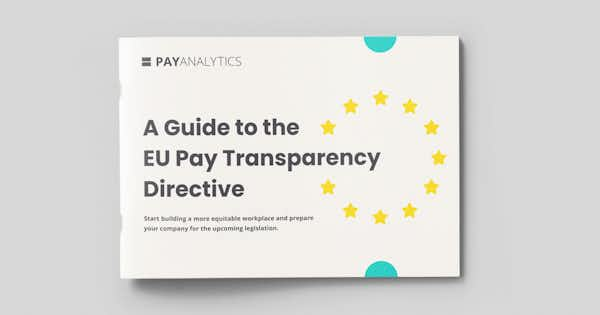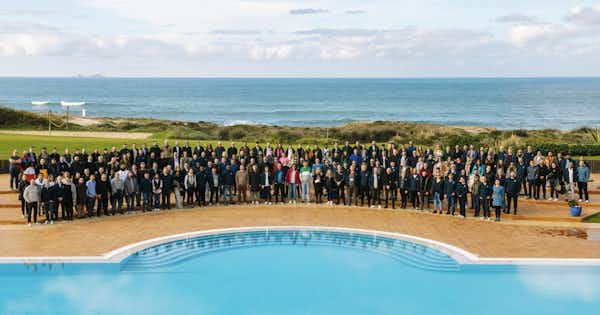Förberedelser inför EU:s direktiv om lönetransparens | Ladda ner vår e-bok gratis
#61 — Dietmar Knoess on PUMA’s Fair Pay Leadership
In this coffee talk with Henrike von Platen and Dietmar Knoess of the PUMA group, we hear about both the pleasant surprise and the challenges in PUMA’s journey into fair pay leadership.

PUMA’s journey to fair pay leadership
The sportswear company PUMA is known for its stylish apparel and shoes. But the company has also made giant strides towards fair pay. In the last couple of years, three groups of the multinational company have closed their pay gaps to almost zero, earning them three certifications from Fair Pay Innovation Lab (FPI).
PUMA Germany and PUMA Sweden have been named Universal Fair Pay Developers, meaning that they have an adjusted gender pay gap below 1%. PUMA Middle East has been named a Universal Fair Pay Leader because it not only closed its adjusted pay gap to just 0.7% but also has an unadjusted pay gap of less than 10%.
In this week's coffee talk, Henrike speaks with Dietmar Knoess, the company's Vice President of People and Organization, about PUMA's fair pay journey.
After fourteen years at PUMA, Dietmar describes the company's culture as one that values quality in its products and diversity and equality among employees. So about eight years ago, PUMA conducted a fair pay analysis. They were expecting to identify a gender pay gap that they would need to work on. But what they found was a surprise: the gap was already almost zero.
PUMA still had work to do to make sure a pay gap did not appear. The existing practices for determining pay relied heavily on managers' assessment of their employees and needed to be codified to be more objective. The pay bands presented another challenge. Each pay band had a wide range of salaries. This means, says Dietmar, that if you gave every employee a raise of a certain percentage, then the people high up in the pay band would get a bigger salary increase than those below. Then over time, the range of the pay band would just keep widening. To prevent this, they gave the employees higher in the pay band a lower increase and the ones lower in the pay band a greater increase.
Dietmar stresses that clear communication and transparency were fundamental in cementing PUMA's status as a fair pay leader. Not everyone was totally happy with the changes at first, but crucially, employees were able to understand that the company was making those changes so they could apply the same logic for everyone in its pay decisions. He's observed that even if an employee is unhappy with the amount they are paid, they can still respect a pay decision based on objective metrics. In short, he suggests that companies who are moving towards fair pay should "be brave in communicating your logic." When a company is well-intentioned and takes care to bring its employees along with every step of the fair pay journey, the employees will be supportive of the company in turn.
For the full story about pay equity at PUMA, watch the full talk below 👇 or listen to it anywhere you get your podcasts.
Also, whether your organization is far along on its journey or just beginning, our ultimate guide to pay equity may be helpful to you, and you are welcome to book a demo of our pay equity and workforce analytics software solution at any time.
Friday Coffee Talk from Planet Fair is a podcast/videocast series co-hosted by PayAnalytics founder Margrét Bjarnadóttir and Henrike Von Platen, founder and CEO of the FPI Fair Pay Innovation Lab in Berlin. It is available through all podcast platforms as well as on YouTube as a videocast.


